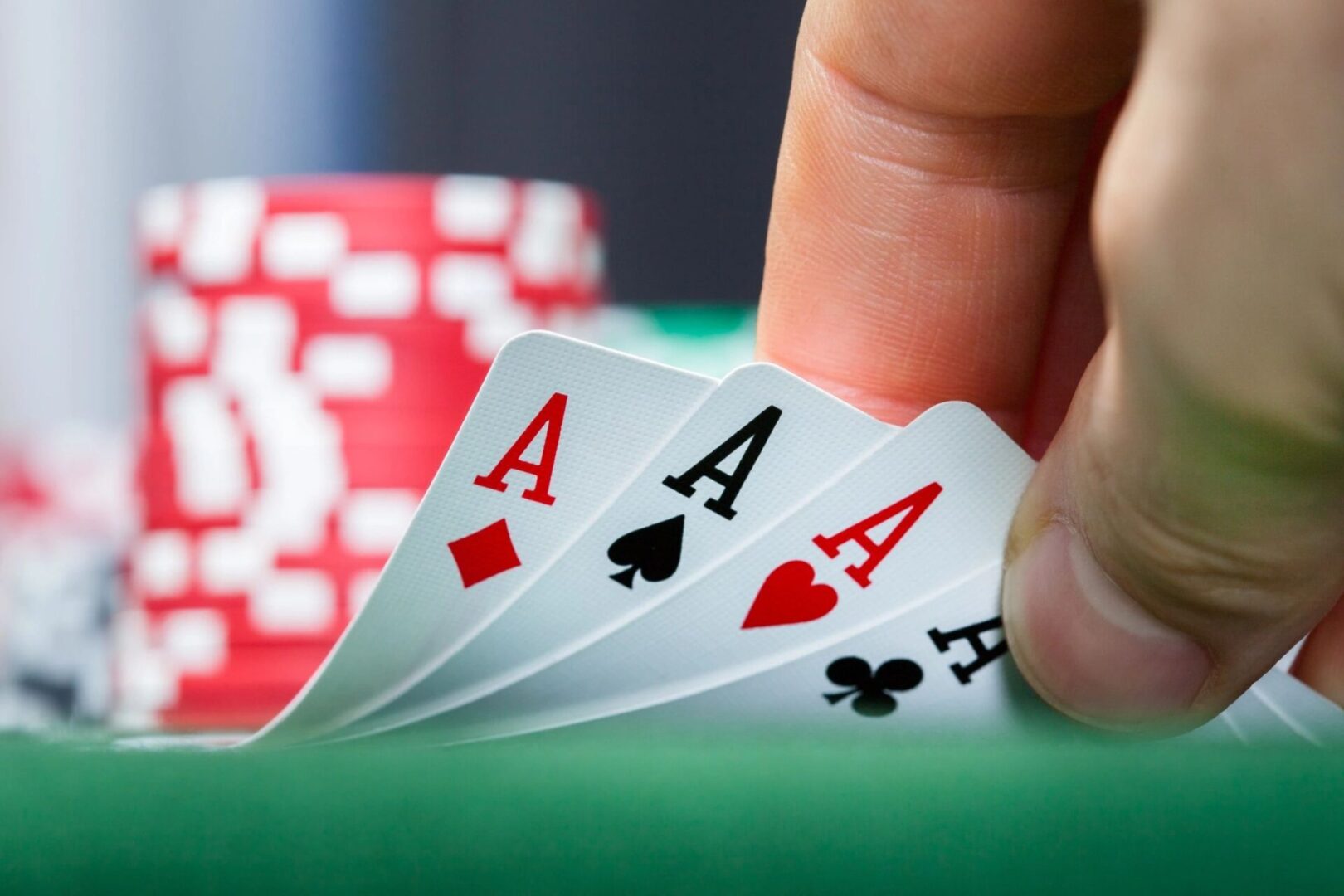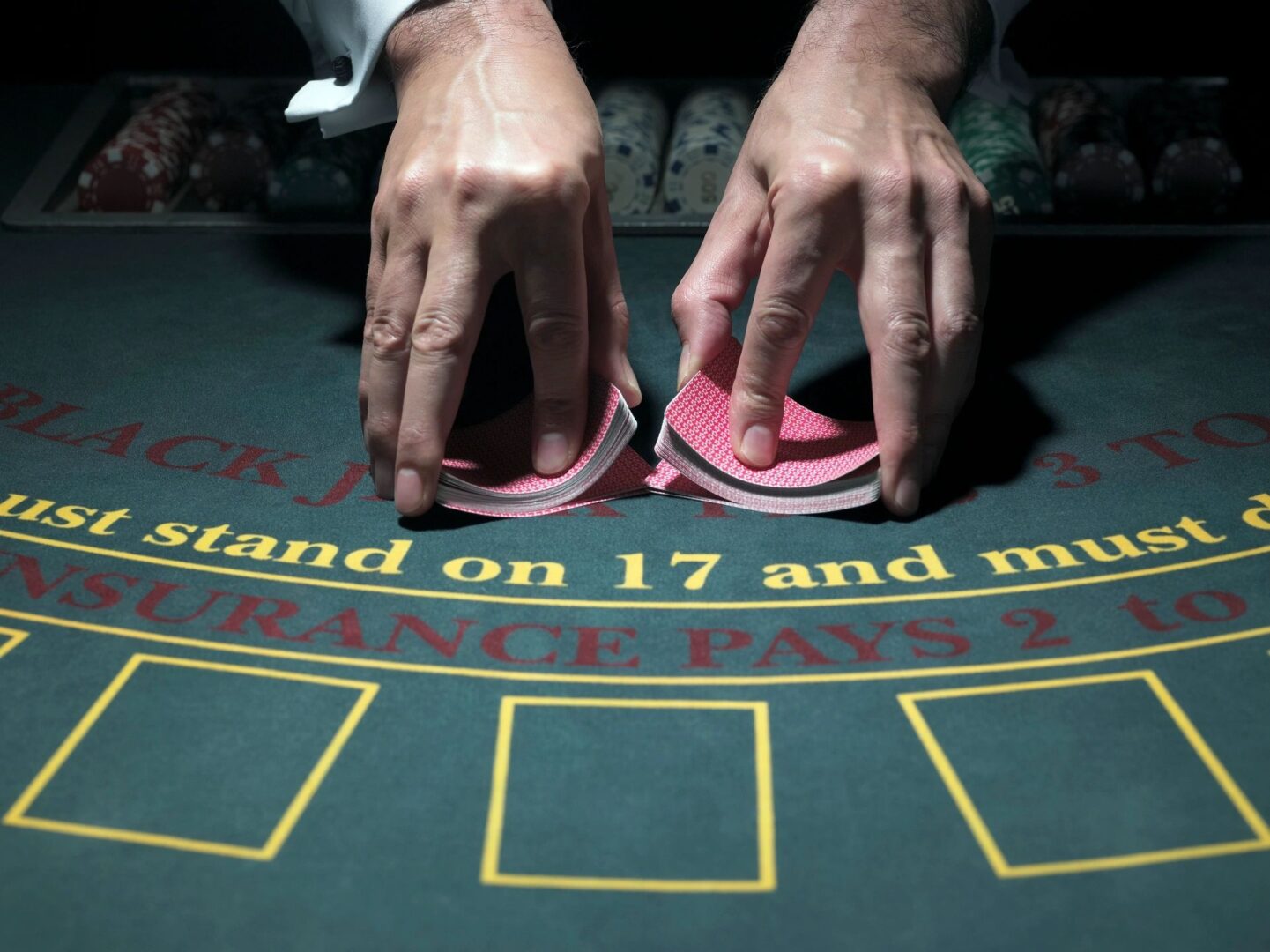Poker

Lessons About Poker From a Seasoned Player
I've been playing poker (Texas hold ‘em) for 25 years—it’s as long as I have in sales. There is a correlation. In this case, a quadruple fold connection.
Playing poker and having a career in sales helped me:
Have an Outlet
Gain Extra Money
Learn About People
Stay Accessible Throughout the Day
Through my content, I plan to teach my readers everything I know about poker.
Aside from talking about discipline, patience, endurance, and timing, I will write about:
Reading People
Bluffing
Position
Hot and Cold for You
Hot and Cold Dealers for You
How Not to Tilt
Check Raising
When to Call (when you have considerable money in the pot and when you can win)
Slow Playing
My Extensive Experience in the Game
The first year I started playing poker, I was waiting for a table, and I was playing 3 Card Poker with $15/hand. I had $15 on the bonus and hit the mini royal. It paid 200/1, which means 200 x 15 = $3,000. This gave me a little “Bank Roll” and what's called “Buy Ins” to play in the 9 seated Texas hold ‘em 1, 2, 3 game. Buy ins at the 1, 2, 3 No-Limit Cash Game are $50 minimum to $300 maximum.
I play in what is called a “Sit and Go.” In this variation, you can sit down to play and get up and go at any time. If you lose your money, you can stay and rebuy for any amount up to $300. There is no limit to the amount of money you can have in front of you.
The most I've ever seen at one person's seat a 1, 2, 3 game (1, 2, 3 referrers to the button and small and big blind, which I'll explain later) is almost $6000. That’s because, other than tipping or paying for food and drinks, whatever chips you amass at a single session must stay on the table. On the other hand, the most I've ever had in front of me at a 1, 2, 3 game is about $3000.

Game Setup
A player can always pick up his or her chips at any time, cash out, and sit back down as long as there is an open seat. You have given up your seat once you get up and cash out. Finding an open depends on how busy the casino is at that time.
Since Texas hold 'em tables have nine seats, it's common for a few seats to have $50 to $100 in front of them. A few could have a couple hundred and a fewer still with a couple thousand dollars in front of them. This creates a very interesting dynamic, to say the least.

What You Need to Understand About the Poker
Players must be well aware that, yes, poker is a form of gambling. There is a saying that only experienced players understand and novices will learn overtime: “You’re either gambling or playing poker.” Veteran players will gamble very strategically. In other words, they are playing the odds.
It’s Rarely About Enjoyment
Poker is about winning or losing. All too often at the poker table, you will hear players say “I'm just here to have fun” or “I just play for the entertainment.” These players typically have their guard down and are still at the early stages of learning the game. They have the nickname “fish”—easy to hook, easy to pull in. These are the kind of people who are inexperienced and somewhat ignorant of the depth poker.
Rarely, very rarely, does someone sit down with real money at a poker table and not care about losing it. In my case, the goal in every game is to make money, more specifically, to maximize my winnings.
Many players will start talking when they start to accumulate chips. We call this “talking chips.” Most of the time, the player becomes comfortable when they win a couple of pots and have more money in front of them than when they started. There’s nothing wrong with that in my opinion, as long as one doesn't change the way they play based on the amount of chips they have in front of them.
In my experience, most players change the way they play completely based on their number of chips. That is a big mistake, as consistency in strategy is important if you want to win.
Life and Poker
Poker is comparable to life. Players have a wide range of personalities, temperaments, bankrolls, backgrounds, and motives. Some players never talk (or at least, try to never talk) and some players talk a lot.
